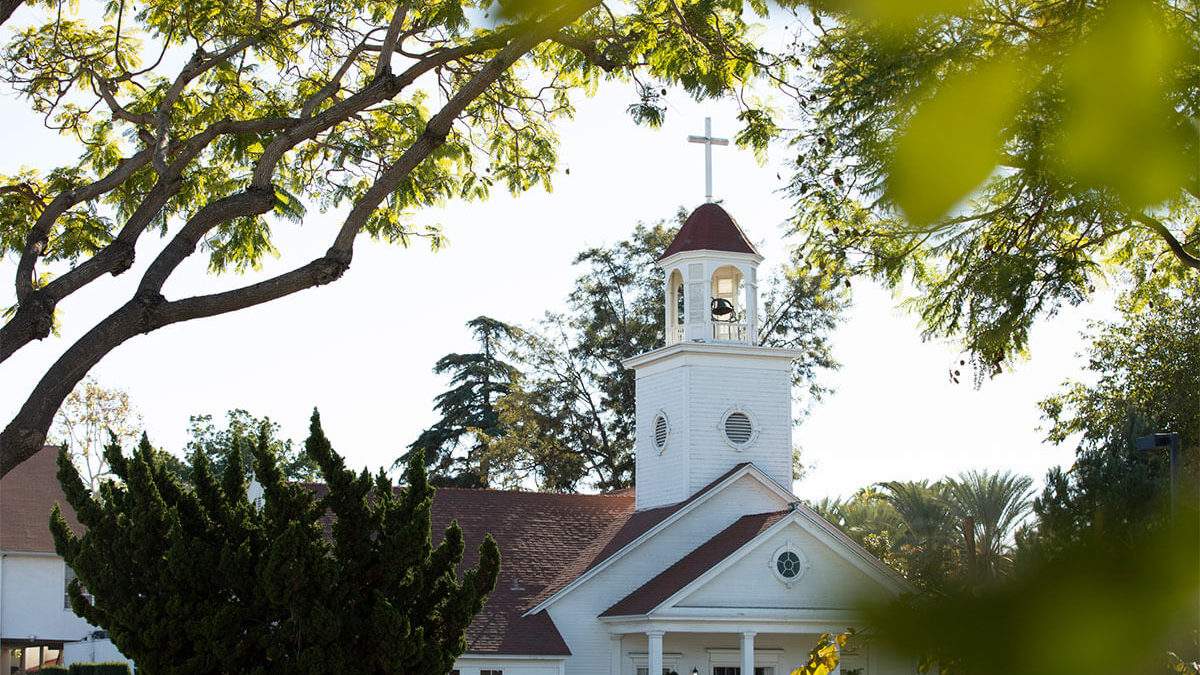Sunday school, Sunday school.
The mothers and the fathers
And the boys and the girls,
Everybody ought to go to Sunday school.
Really? Everyone needs to go, not just the kids? Yes, everybody needs to go to Sunday school. But why?
God’s Word admonishes us not to forsake the assembling of ourselves together as the manner of some is, but “so much the more as ye see the day approaching” (Hebrews 10:25). From this verse, we know that as Christians, we need to gather together often. Of course, the New Testament example is to meet on the first day of the week, Sunday. God thought it was important for us to meet together regularly; therefore, we know we need to go to church. In the preaching service, we hear a message from the Word of God from the man of God. We are challenged, encouraged, and rebuked as we listen to God’s Word.
However, God’s Word also tells us to study to show ourselves approved unto God (II Timothy 2:15). Of course, we need to do this as individuals, but Sunday school gives us an added opportunity to delve into the riches of God’s Word.
Children begin learning about life the moment they are born. As parents, we begin training them immediately by our actions and the tone of our voice. By the time a child is one year old, he has already learned much. He knows his mom, dad, and others he is frequently around; he knows there are some foods he likes and some he doesn’t like; he knows the word “no” and how to play peek-a-boo. Maybe you have even taught him to fold his hands as you give thanks at mealtime.
By the time a child is two, he can sing and talk and loves to learn new things. This is the perfect age to begin teaching him Sunday school songs like “Jesus Loves Me,” or “This Little Light of Mine.” He can be taught to fold hands together, close his eyes, and say or repeat a short prayer. Though this training should begin at home, the Sunday school hour can reinforce this teaching, and the child’s mind will begin developing a knowledge and love for the things of God.
By the time a child is three, he is well on his way to understanding that he sometimes does naughty things and gets in trouble for it. He is learning by experience that he is a sinner and that there is a consequence for his sin. He is also learning to show regret for his sin and learning the forgiveness that follows repentance—all of this will eventually lead him to see his need for forgiveness from God and teach him to humble himself before God and trust Jesus as Savior.
Some children have been saved at the young age of three, but many have been saved at the age of four. As the child grows, his ability to understand biblical principles also grows, and his mind needs to be inundated with the Scriptures so he will be prepared to follow God’s direction and thwart the attacks of the devil in his life.
Though this responsibility lies first and foremost on the parents, the church—an institution ordained by God—is the place where biblical teaching and spiritual living is reinforced. In a Sunday school class, the child will be with others his age, receive a Bible lesson based on his age and the needs of a child his age, and sing songs and learn memory verses appropriate to his age. With applications for his age group, he will be able to understand more clearly what the Bible is saying.
And so this principle of teaching at the grade level should continue throughout the primary years, the junior years, and teen years. Does it seem logical that we have learned everything there is to learn by the time we graduate from high school, that we have all the support we will ever need for our trials and temptations and difficulties in life? I think not. We haven’t “arrived” by the time we reach age eighteen. We all still need to be in a group that will encourage our Christian growth. College students need to meet with other Christian college students and grow together in the knowledge and will of God. Young married couples have their own sets of life experiences for which they need spiritual reinforcement. The needs of the middle-aged and senior citizens are likewise unique. These individualized needs can be met in age-appropriate groups that meet together to sing, pray, fellowship, and study God’s Word.
Though Sunday school attendance should begin when we are very young, we never outgrow our need for Sunday school. In a Sunday school class, we fellowship with others our age, others who are experiencing the same types of things in their lives as we are and who have the same types of temptations and opportunities that we have. Our teacher can apply the Word of God to the experiences we are going through. We can pray for one another’s needs and rejoice together in victories and answers to prayer. Being in a smaller group affords the opportunity for interaction with a teacher who understands our age group and with friends who know and care about us. The needs of a college young adult are not the same as those of a young married couple, or of middle-aged people, or of the senior saints. Though our spiritual needs are all the same, we experience them at different levels at different points in our lives. The spiritual life is a growing experience. Being a part of a Sunday school class gives us the spiritual nourishment we need to continue growing in the things of Christ.
I began going to Sunday school as a young child and have many fond memories of songs and lessons I learned in Sunday school. I became a Sunday school teacher at the age of fourteen and by that time had learned enough to teach a class of younger children. I taught Sunday school from that time in my youth until, as a senior saint, my husband’s health failed to the point where I needed to sit with him in Sunday school and care for him. This was the first time in my adult life that I had been in a Sunday school class, and I have to say that it has been a great treat. I love the preaching from the man of God, my pastor, as he heralds God’s Word from the pulpit at each service; and I certainly am not diminishing the fact that God has ordained preaching. I have to admit, though, that being in a smaller group of adults with whom we fellowship—both before and after class and at class socials—and listening to a teacher break down the lessons of God’s Word into small portions of Scripture has been a great blessing and comfort and has taught me much about studying God’s Word on my own. I love going to Sunday school. I am spiritually enriched and challenged by the fellowship, singing, and teaching of God’s Word.
As a senior citizen looking back, I can see the different spiritual needs of the age groups through which I have already passed. I was once a college student, then a young married person. I once raised children and enjoyed seeing my children marry and have their own children. I now have three great grandchildren, and I can say that I will be eternally thankful for all of the great Bible teaching and Christian experiences they have had from birth until now, and my comfort is in knowing that they have been “rooted and built up in him, and stablished in the faith,” and “have been taught.”
Take a look around. Is it not true that those who are the most faithful in church attendance, in giving, in serving the Lord, and in going soul winning are those church members who faithfully attend a Sunday school class? The more you love the Lord, the more you want to be around His people, learn His Word, sing songs about Him, and glorify His name.
Yes, everybody does need to go to Sunday school.
Share this post

Pat Carr, Administrative Assistant
Mrs. Carr was born and raised in San Francisco, where she was saved at the age of 11 at Calvary Baptist Church. She and her family have been members of North Valley Baptist Church since 1982. Mrs. Carr has worked in various ministries on the church staff since then. She is presently a typist for Pastor Trieber.


Great Testimony and story Mrs. Carr. God bless you more and thank you for your dedication in your ministry.